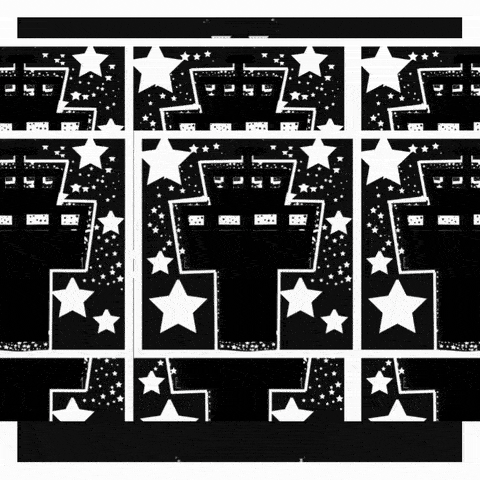Click here to flash read.
Our research focuses on solving the zero-shot text classification problem in
NLP, with a particular emphasis on innovative self-training strategies. To
achieve this objective, we propose a novel self-training strategy that uses
labels rather than text for training, significantly reducing the model's
training time. Specifically, we use categories from Wikipedia as our training
set and leverage the SBERT pre-trained model to establish positive correlations
between pairs of categories within the same text, facilitating associative
training. For new test datasets, we have improved the original self-training
approach, eliminating the need for prior training and testing data from each
target dataset. Instead, we adopt Wikipedia as a unified training dataset to
better approximate the zero-shot scenario. This modification allows for rapid
fine-tuning and inference across different datasets, greatly reducing the time
required for self-training. Our experimental results demonstrate that this
method can adapt the model to the target dataset within minutes. Compared to
other BERT-based transformer models, our approach significantly reduces the
amount of training data by training only on labels, not the actual text, and
greatly improves training efficiency by utilizing a unified training set.
Additionally, our method achieves state-of-the-art results on both the Yahoo
Topic and AG News datasets.



